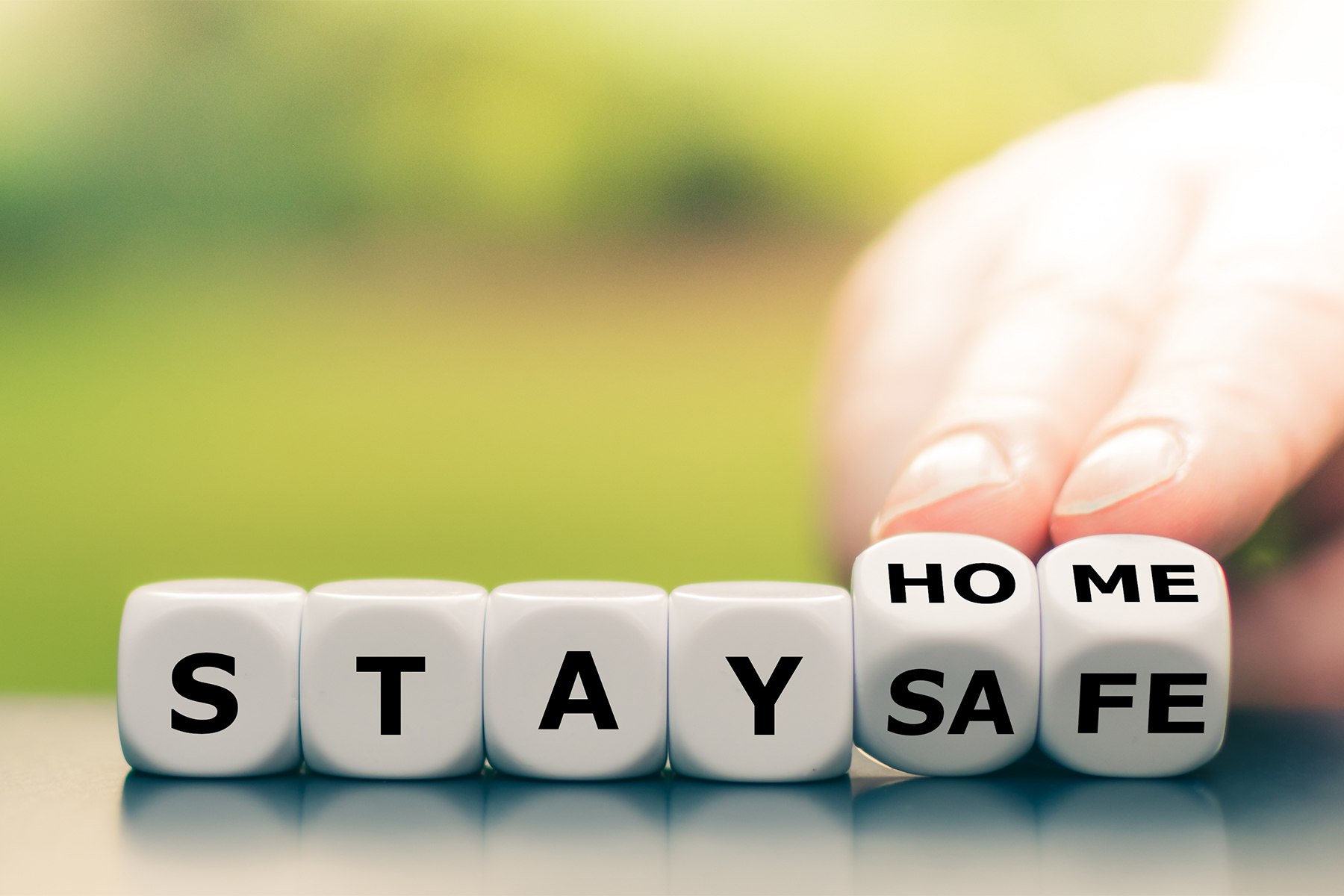During quarantine and isolation, it’s important to protect and take care of, not only your physical health but your mental health too. In times that are unpredictable and isolating, we should each do whatever we can to take care of ourselves so that we can help support those around us. We’ve come up with a few ways you can take better care of your mental health during the COVID-19 pandemic.
-
Stay active.
Physical health plays a huge role in your mental wellbeing. Studies show that regular daily exercise and a healthy diet can help to boost your mood while improving or maintaining physical health. While sitting on the couch and binge-watching your favorite Netflix series is very tempting, it’s important to still try to fit in 30 minutes of exercise each day.
There are many apps and YouTube channels that are great resources for keeping yourself active even when you’re stuck at home. The MyFitnessPal app helps you track your eating habits, provides free at-home workouts, and provides free healthy recipes.
-
Get sunlight.
In addition to regular exercise, it’s important to get fresh air and sunlight. While it’s essential to protect your skin from harmful UV rays, a lack of sun can seriously impact your mental and physical health.
In an article by Healthline, it’s explained that “sunlight and darkness trigger the release of hormones in your brain. Exposure to sunlight is thought to increase the brain’s release of a hormone called serotonin. Serotonin is associated with boosting mood and helping a person feel calm and focused… Without enough sun exposure, your serotonin levels can dip.”
A long walk or jog around your neighborhood on a sunny day will help your body regain vital vitamin D, trigger the release of Serotonin and keep you physically healthy. Just make sure you are protecting your skin with SPF 30+ sunblock.
If you’re not able to get out and about where you live, open a window to let some fresh air in or open your curtains or blinds to let in some natural light. It’s easy to get comfortable with your current surroundings, but improving the natural lighting and air quality in your home can positively impact your mental health.
-
Keep busy.
Keeping busy is a great way to help the time pass quicker and distract momentarily from the world around you.
Often, engaging yourself in an activity that takes thought, problem-solving, and even physical labor can help keep your brain stimulated. Plus, there’s always the added satisfaction of having completed a task that can help boost your mood.
With more free time on our hands, there is no better time than now to try a new hobby or start that home improvement project you’ve been putting off.
-
Stay connected.
As humans, we thrive on interpersonal connections, but staying connected can be difficult during quarantine or self-isolation. Make sure that you are still socializing and connecting with others during this time at a safe social distance by utilizing the video, phone, and messaging features on your smartphone.
Apps like Zoom, Facetime, and Marco Polo can allow you to stay connected face to face with your loved ones through video chatting and video messaging.
If you have the time, try to contact a friend or a loved one once a day. Spending the time to chat, connect, and check-in can be beneficial to all parties. They might need a little bit of human connection too.
-
Limit social media time.
In a time of rapidly changing circumstances and constant media coverage, it’s important to stay informed but not to spend too much time on social media. Stay up to date with local, state, and federal recommendations to keep you, your family, and your community safe. However, if continued scrolling leaves you feeling overwhelmed, make sure to schedule a time to engage with social media with a time limit.
Set a specific amount of screen time each day in the morning or at night to catch up on current events, then opt to put your phone and social media aside for the rest of the day. This will help you get back to things that make you feel better and break the endless negative scrolling cycle.
-
Seek help.
If you are still struggling to cope with isolation and negative feelings, consider reaching out to professional counselors and therapists for help.
Many clinics are offering virtual telehealth sessions to allow their patients to receive the treatment and care they need as a safe social distance. Use Psychology Today’s data bank to find a specialist that fits best for you and your needs.
If you’re uninsured, there are apps like Betterhelp and Talkspace that will allow you to speak with a mental health professional regularly via phone calls, messaging or video calls without the need for insurance approval.
If you or someone you know is in crisis or might be harmful to themselves or others please contact either 911 or the National Suicide Prevention Lifeline at 1-800-273-8255 to ensure they can get the help that they need.
At the end of the day, we are all human. In unprecedented times like these, we all need to come together and provide support to ourselves and others in whatever way we can. We are in this together.


0 Comments